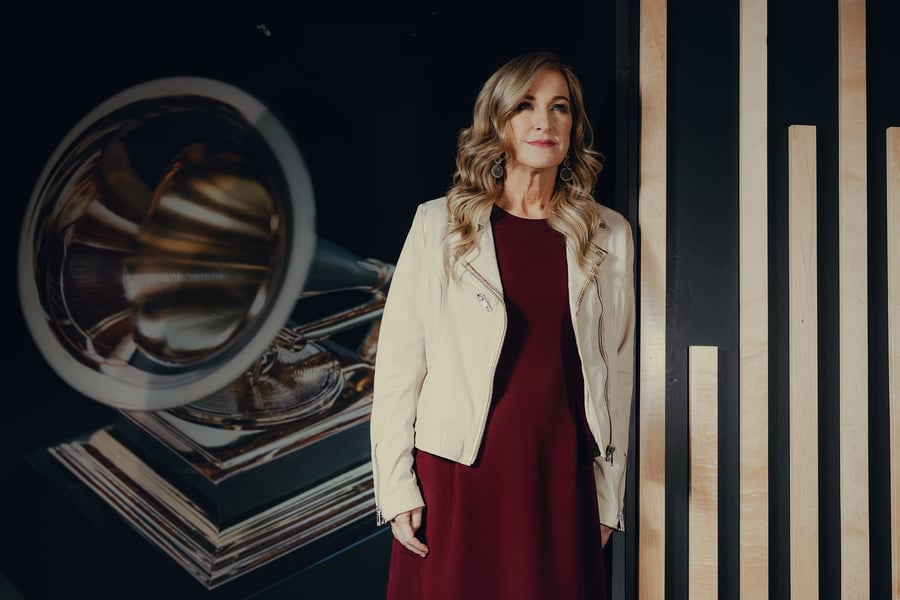In the latest development in one of the nastiest ongoing fights in the music industry, the Recording Academy has a message for recently ousted CEO Deborah Dugan: Bring it on.
Last week, Dugan sent an open letter to the Academy asking for her arbitration clause to be waived, a request that would allow the process to be open to the public. On Tuesday, the Academy responded, proposing instead to keep arbitration but waive the confidentiality provision that could potentially bring more public transparency to the arbitration itself.
Dugan signed the arbitration agreement when she took the Academy job, which mandates any legal disputes between Dugan and the Academy to be settled through an arbitrator. Removing the confidentiality provision would allow both Dugan and the Academy to state their allegations and defenses publicly, according to the Academy’s letter. Dugan submitted a complaint to the Equal Employment Opportunity Commission in January accusing the Academy of a corrupt Grammy voting process as well as alleging that Academy general counsel Joel Katz sexually harassed her and that former Recording Academy head Neil Portnow raped a foreign recording artist. (The Academy has defended the voting process, and Katz and Portnow both denied the allegations.)
“The Recording Academy has absolutely nothing to hide and, in fact, welcomes the opportunity to tell its story so that the entire music community and the world can hear the truth – and nothing but the truth – about what you did to this proud institution during your brief tenure as President/CEO,” Interim CEO and board chair Harvey Mason Jr. said in the letter. “In short, we welcome a full public airing of your allegations against the Academy as well as the Academy’s many claims and defenses against you.”
In Dugan’s request last week to be released from her arbitration agreement, she called the arbitration process “secret and confidential,” adding that “it is no secret that forced arbitration is a barrier to justice for victims of harrassment, discrimination and other misconduct.”
In her letter, Dugan also alleged the investigator selected for her arbitration process has conflicts of interest to give a fair investigation as the investigator was recommended by the law firm Proskauer Rose LLP, which Dugan had previously alleged was “in bed” with the academy.
“Arbitration has been uniformly recognized by courts and commentators alike as an entirely fair process for achieving justice, while usually being far less costly than full-blown civil litigation,” Mason Jr. wrote in the letter. “In the recent words of the Supreme Court, arbitration offers the “promise of quicker, more informal, and often cheaper resolutions for everyone involved.”
Love Music?
Get your daily dose of everything happening in Australian/New Zealand music and globally.
The Academy requested Dugan’s approval in writing to move forward with waiving the confidentiality provision, but that may not happen right away. In a statement, Dugan’s legal counsel scorned the Academy’s decision to keep the process in arbitration rather than bring it to a juried trial. “The Recording Academy’s efforts at portraying arbitration as a fair process for employees [are] disingenuous as everyone knows arbitration unfairly favors, protects, and insulates employers from their unlawful actions,” said Dugan’s attorneys Douglas Wigdor and Michael Willemin in a statement. “It is telling that the Recording Academy is unwilling to allow a jury of Ms. Dugan’s peers decide this matter.”
“If you truly want a process with ‘transparency and accountability,’ then please join us in waiving the confidentiality provision of the contract,” Mason Jr. wrote in the letter. “As soon as you notify us in writing of your consent, we can proceed with resolving this matter out in the open, and for all the world to see.”
Recording Academy Executive Committee Open Letter to Deborah Dugan



































